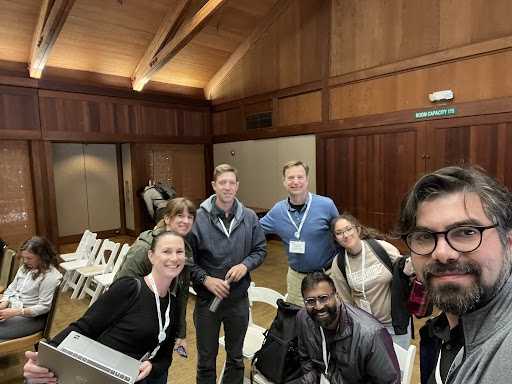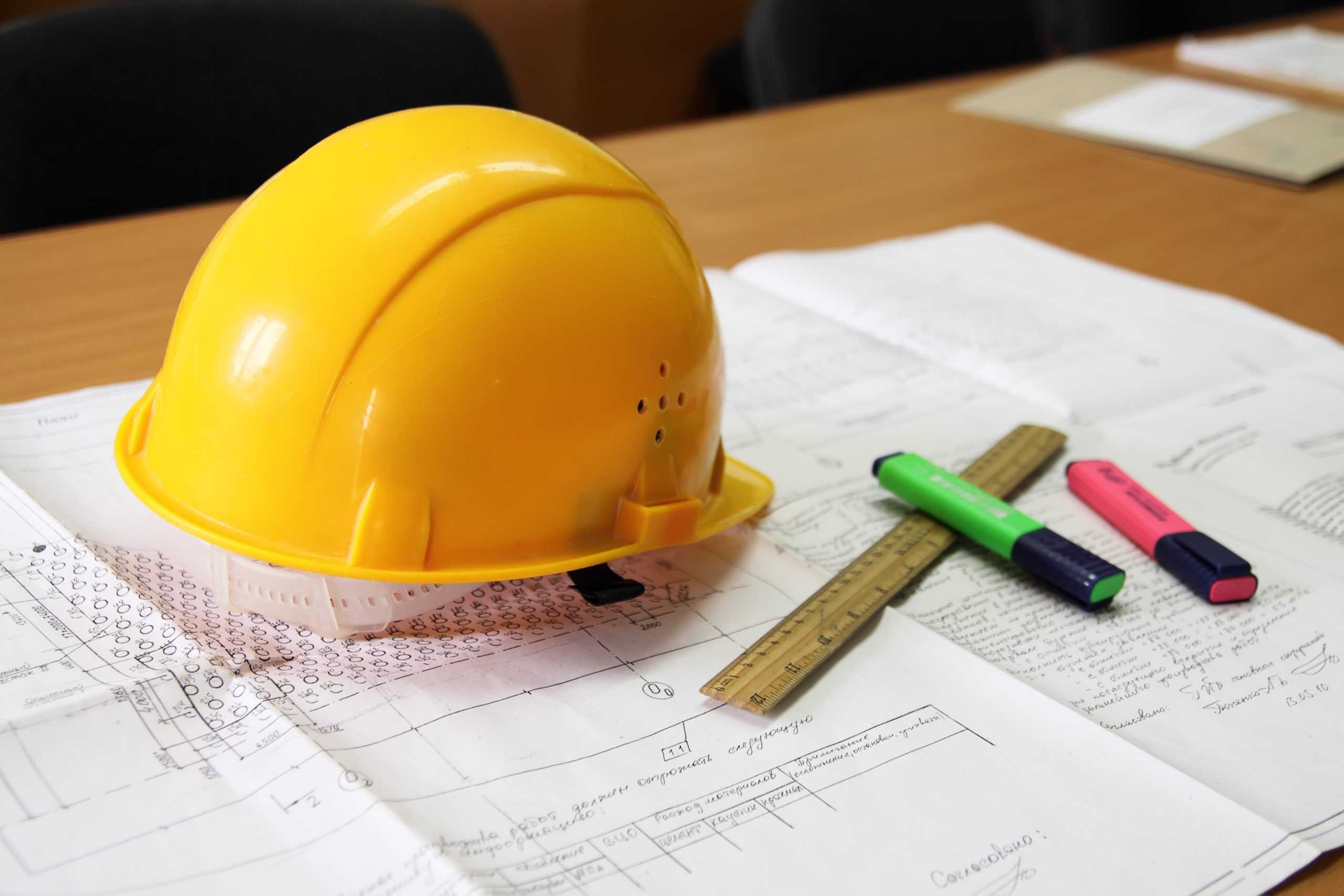With at least 21 presentations discussing building performance standards (BPS) at the 2024 ACEEE Summer Study on Energy Efficiency in Buildings, the excitement around BPS only continues to grow. Over the last five years, BPS has gone from a theoretical concept to one of the most powerful tools available to reduce energy use and greenhouse gas emissions from large buildings.

This year, IMT’s Summer Study participants included (L to R) Amy Boyce, Jessica Miller, Alex Dews, Cliff Majersik, Rajiv Ravulapati, Alexes Holguin Juarez, and Marshall Duer-Balkind.
Our staff and some longtime partners—U.S. Department of Energy, Public Health Law Center, Strategic Actions for a Just Economy, City and County of Denver, DC Sustainable Energy Utility—presented several papers discussing some of the pressing elements revolving around BPS and equitable building decarbonization: implementation progress, legal challenges, tenant protections, and green leasing.
Which one are you going to read first?
Lessons from the Ground: Implementing Building Performance Standards
Authors: Marshall Duer-Balkind, Amy Boyce, Rajiv Ravulapati, and Louise Sharrow, Institute for Market Transformation; Sharon Jaye, City and County of Denver; Patti Boyd, VEIC (District of Columbia Sustainable Energy Utility)

What does BPS compliance look like in the five jurisdictions furthest along in their initial implementation cycle? Using results from a survey of service providers, interviews with city staff, and independent quantitative analysis, we zone in on New York City, St. Louis, Denver, Boston, and Washington, DC to paint a picture of how the programs are faring on the ground. We look at their key implementation challenges and demonstrate varied ways these can be overcome. How will the next phase of BPS policies accelerate an equitable, low-carbon future?
Equitable Building Decarbonization Options in a Changing Legal Landscape
Authors: Jamie Long, Joey Vossen, and Daniel Carpenter-Gold, Public Health Law Center; Cliff Majersik, Institute for Market Transformation

With the recent Ninth Circuit case California Restaurant Association v. Berkeley finding the city’s all-electric new construction ordinance preempted under the Energy Policy and Conservation Act (EPCA), there is heightened concern about the impact court rulings could have on state and local building electrification efforts. This paper provides an overview for non-lawyers of EPCA statutory preemption and the existing case law interpreting EPCA preemption of building codes. It highlights several options that state and local governments have for moving forward on building decarbonization: building performance standards, emissions standards, regulation of gas distribution, zoning, and subsidies and incentives.
Tenant Protections in Building Decarbonization Policy
Authors: Chelsea Kirk, Strategic Actions for a Just Economy; Daniel Carpenter-Gold, Public Health Law Center; Contributor: Jessica Miller, Institute for Market Transformation

The climate and housing affordability crises are colliding. Building decarbonization policies should bring real benefits to tenants, such as lower energy bills and healthier homes. But the large scale of investment flowing into existing buildings may also give building owners the incentive and opportunity to raise rents and evict tenants to an even greater extent than they already do. Existing tenant-protection laws are insufficient to protect tenants against this risk. To answer the call, building decarbonization policies should prevent rent burden, maintain affordability, keep people housed, and minimize disruption to tenants during retrofits.
Green Lease Leaders and How the Lease is Used as a Critical Tool for Decarbonization
Authors: Diana Lee, Institute for Market Transformation; Hannah Debelius, U.S. Department of Energy

Green leasing has evolved over time and continues to be a relevant tool that we can use to address current decarbonization challenges. Since the inception of the Green Lease Leaders program 10 years ago, over 8.1 billion square feet utilize green leases both domestically and internationally. Today’s green leases can include broader sustainability and social equity commitments, and accountability for shared action on net zero energy goals or legislative requirements. These leases are now a powerful tool for scaling decarbonization of the built environment and addressing social equity through real estate.
Learn more about IMT’s programs.
We specialize in policy approaches—like building performance standards—that raise performance expectations while providing flexible paths forward, reflect the needs of all community stakeholders, support inclusive economic opportunity, and increase resiliency and health.

We provide funds and increase capacity for community-based organizations to navigate policy development processes, avoiding solutions that focus on carbon reduction without understanding the human impact, and respecting the knowledge and wisdom of frontline communities to lead on solving climate challenges.

IMT supports a national transition to a clean, efficient power system that leverages high-performance buildings to achieve equitable grid decarbonization and resilience. We help build stakeholder coalitions that bring local perspective into utility regulatory process. We also work with partners to expand the purpose of state-level utility regulation to include decarbonization and social equity.

IMT is dedicated to co-creating, testing, and sharing business practices that rethink how buildings are designed, constructed, managed, and valued to save billions of dollars annually, reduce harmful emissions, and improve community resilience, health, and economic opportunity.

Improving energy code adoption and compliance is central to IMT’s DNA, dating back to the organization’s genesis more than two decades ago. IMT continues to advocate for better building codes through code design, development, training, research, outreach, and advocacy. We also collaborate with numerous national and regional organizations to make building standards more effective worldwide.
